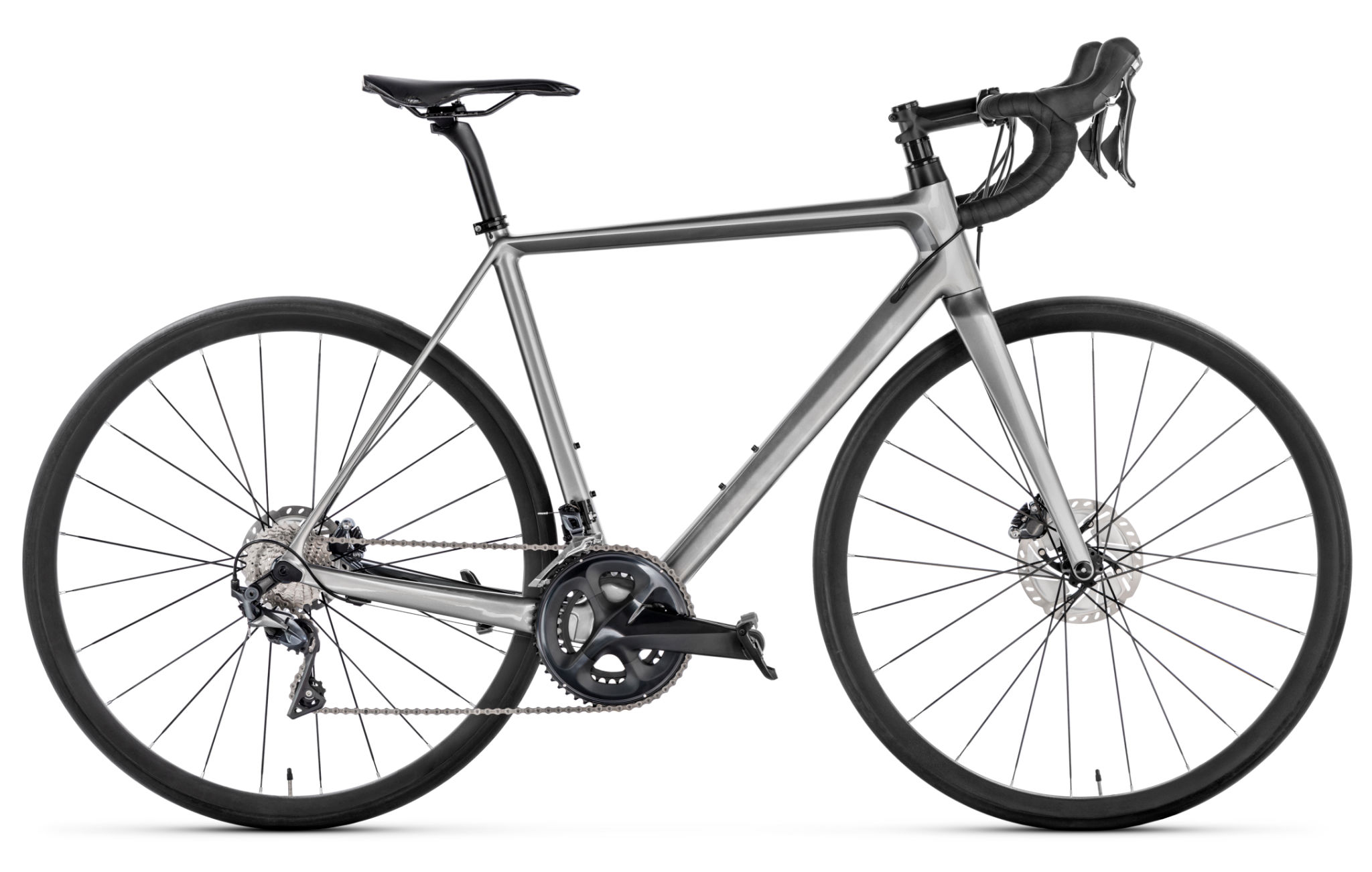The Ultimate Guide to Choosing the Perfect Bicycle Front Rack
Understanding Your Needs
Before diving into the wide array of bicycle front racks available, it's important to understand your specific needs. Are you planning to use your bike for commuting, touring, or just casual rides? Each of these activities may require different types of racks. For instance, if you're planning a long-distance tour, you'll need a sturdy rack that can support heavy loads.
Consider the type of items you'll carry and how often. If you're a commuter, a lighter rack might suffice for carrying a briefcase or a small backpack. However, for grocery runs or larger loads, a more robust option might be necessary.

Types of Bicycle Front Racks
There are several types of front racks to choose from, each designed for specific purposes:
- Porteur Racks: These are ideal for carrying larger loads and are often used by delivery cyclists. They provide a broad platform that can accommodate boxes and other bulky items.
- Low Rider Racks: These are great for touring as they keep the weight low, which helps maintain balance and stability. They're perfect for carrying panniers.
- Basket Racks: If convenience and easy access are your priorities, basket racks are a good choice. They're perfect for quick trips and errands.
Choosing the right type largely depends on what you plan to carry and how often you'll use it.

Material Considerations
The material of the front rack significantly affects its performance and durability. Steel is a popular choice due to its strength and flexibility, making it suitable for heavy loads. Aluminum is lighter and resistant to corrosion, which is great for casual riders who prioritize weight over carrying capacity.
Another option is titanium, known for being both lightweight and strong, albeit at a higher price point. Determining which material best fits your needs involves weighing factors such as budget, weight capacity, and durability.

Compatibility and Installation
Not all front racks fit all bicycles, so it's essential to check compatibility before purchasing. Pay attention to the mounting points on your bike. Some racks require specific braze-ons or eyelets on the fork or frame. Ensure that your bike has the necessary fittings to accommodate the rack you choose.
If you're unsure about installation, many bike shops offer professional fitting services. This can be particularly useful if you're not confident in your ability to install the rack securely yourself.
Budgeting for Your Front Rack
Your budget will also play a significant role in determining which front rack is right for you. Prices can range from affordable options to high-end models with specific features. Consider what features are most important to you, such as weight capacity or material, and find a balance between cost and functionality.
A well-chosen rack can be a valuable investment that enhances your cycling experience by providing the utility you need without compromising on quality or safety.

Conclusion
Selecting the perfect bicycle front rack involves understanding your specific needs, considering the different types available, and ensuring compatibility with your bike. By carefully considering factors like material, installation requirements, and budget, you can find a front rack that will serve you well for years to come.
Whether you're a daily commuter or an adventurous tourer, the right front rack can make all the difference in your cycling adventures. Happy riding!